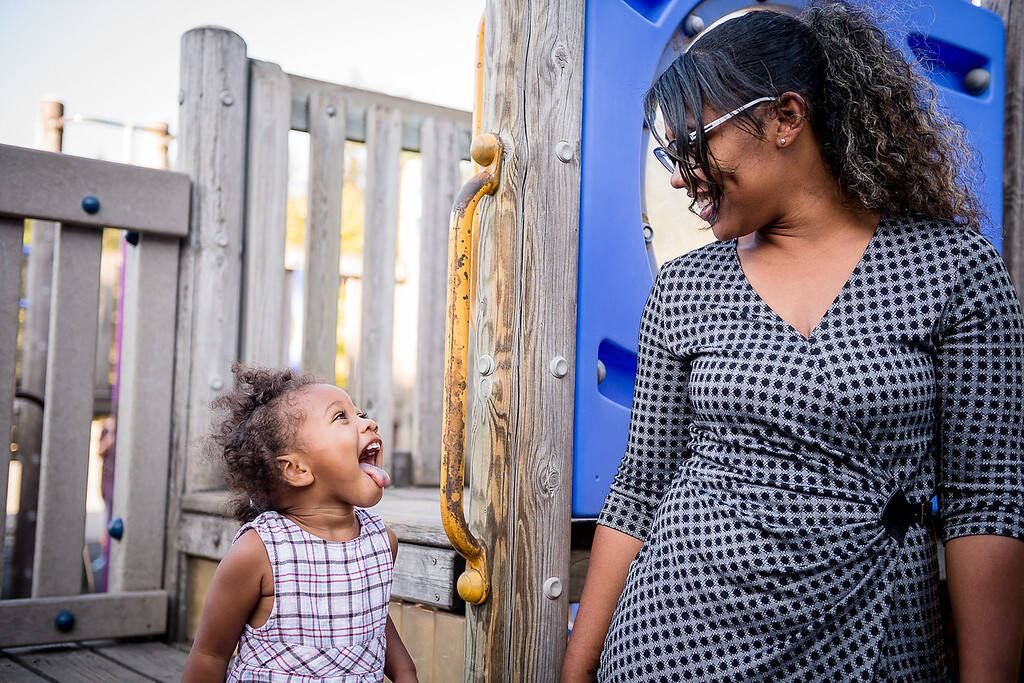Washington state ranks in the top five nationwide for homelessness, with roughly 21,500 residents and families experiencing homelessness in 2021. Women and girls make up 60 percent of these families.
In Snohomish County, an estimated 1,132 people experienced homelessness in 2020. As housing prices increase and COVID-19 worsens economic disparities, the need for shelter across the region will only continue to grow.
The factors driving homelessness for women and families are complex, from unemployment to domestic violence. Each individual has different needs, which is why different community organizations work together to provide a range of housing assistance, from affordable permanent housing to emergency shelter.
This includes the YWCA Pathways for Women in Lynnwood, which has served local women and families for more than 45 years. In 2020, Pathways provided emergency shelter and essential resources for 120 women and children.
“Pathways is the only permanent shelter in South Snohomish County that operates 365 days a year, 24/7,” says Mary Ann Dillon, Snohomish County Executive Director for YWCA Seattle | King | Snohomish.
There are 13 emergency shelter units and five permanent affordable units at Pathways. Residents work closely with YWCA advocates to develop and execute an action plan for housing stability that meets their specific needs.
To help ensure every woman has the tools to move from surviving to thriving, YWCA takes a holistic approach to service. In addition to housing, women and families at Pathways are connected to a wide range of programs: food and transportation assistance, mental health counseling, financial coaching, job skills training, and educational workshops.
“We serve all women and families, with a particular focus on those furthest from equity, including Black and African American women.”
YWCA programs work to overcome racial and gender disparities and institutional barriers. These barriers create inequities that lead to a lack of access to permanent, affordable housing. As a result, Black Americans have the highest rate of homelessness among the nation’s racial and ethnic groups
“We envision a future where these barriers and inequities don’t exist. Women in the counties we serve face the greatest racial disparities in our community,” says Dillon.
YWCA’s commitment to eliminating racism, empowering women, and ensuring all people in the community have the opportunity to thrive is the foundation of its operations. Since the organization was founded in 1894 to protect Seattle’s young women workers, YWCA has expanded and currently operates 22 sites across King County and Snohomish County.
YWCA’s Housing programs served more than 5,000 people across King and Snohomish Counties in 2020. They also act as advocates at the city, county, and state levels to promote housing affordability and protect tenant rights.
YWCA is a non-profit organization that relies on its donors. To check out how you can help, visit:

























